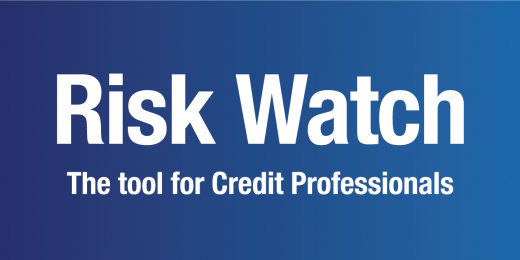The Highest and Best Use Principle.
Share

There are multiple ways to value a business, depending on the circumstances some methods may not be available or appropriate to use, for instance Future Maintainable Earnings would not be appropriate for a company that has been operating at a loss for the last three years. However, I am often asked to value a business in a specific way e.g. Please value the business on a discounted cash flow basis.
My usual answer to this is no, this is for two very good reasons.
- Firstly if a report is being prepared for Court, I am potentially compromising my independence by accepting instructions to perform a valuation under a certain method.
Part of the valuation procedure is to select the most appropriate methods of valuation. If I delegate this to my instructor then there is a potential perception that I have given away some of my independence.
- The second reason is that it is valuation best practice to always use at least two valuation methods when valuing a business and then to pick the highest of those valuations. This is what is known as the ‘Highest and Best Use Principle’.
The reason that we take the higher of the two values is that generally an owner of an asset (in this case a business) will want to get the maximum price for it if it is to be sold.
If you consider a business that is asset rich but is only marginally profitable it is likely that an earnings based valuation of a business will be much less than the net asset value of the business.
If a business owner knows that they could sell the business as a going concern for a net return $50,000 or they could sell the assets that are used to operate the business for net return of $100,000 then they would be reluctant to sell the business for any less than a net return of $100,000 on the basis that they would get a higher return from selling the assets separately.
Should you require any Valuation, Litigation Support or Forensic Accounting services contact Gary Fettes and Mark Ellis of Rodgers Reidy on (03) 9670 8700.






